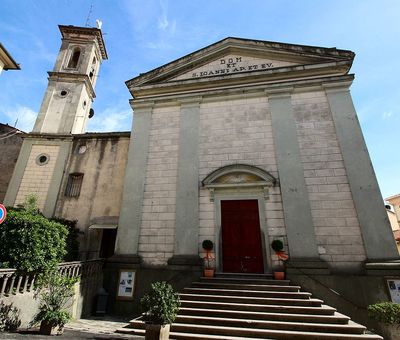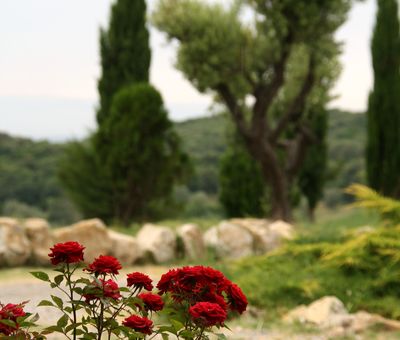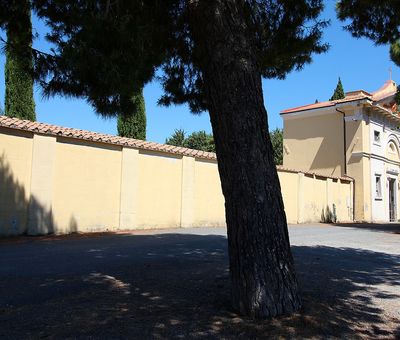The beautiful Ripa
Today, Riparbella is known as one of the most beautiful villages of the Pisan Hills, but for a long time it was called Ripa Albella, Ribabella or Ripalbella. What our predecessors wanted to tell us is that the city had been built on a ridge of tuff and sand. The whiteness of the lands, the contrasting colors and the sea that is clearly visible from here had fascinated them to the point of honoring the city with a name that refers to its beauty. The historic center is of medieval origin and curiously unlike the neighboring towns as over time it developed in a longitudinal rather than circular shape. The history of the village is filled with ups and downs. It endured a bad period under the dominion of Florence and in the period of the feuds, and a good time when it had autonomy and especially in the Etruscan period.
The hill much admired by the Etruscans
The Etruscans were rarely wrong when it came to choosing a place to settle. It had to be fertile, easily accessible but also defensible from possible attacks. The hills were ideal. So here they chose Belora, a small hill near the Aurelia state road and the Cecina river. Archaeological excavations conducted in the nineteenth century have brought to light numerous finds. Some important pieces are housed in the Guarnacci museum in Volterra but many are scattered in museums throughout Europe, even in the Hermitage in Moscow. What is certain is that Belora was an important center in the Etruscan era and that a rich necropolis was built here.
The war of taxes and the dead
"I accuse the monks of robbery of tithes and bodies". Thus the parish priest of Vallinetro, a hamlet of Riparbella, accused the monks who resided in the village. In 1125, the parish priest wrote to the archbishop of Pisa to denounce the friars, perhaps Benedictines, who had settled in a monastery halfway to the town (a place called Poggio ai Frati). They collected taxes and even buried the dead. They were, in doing so, ousting the parish. The population supported the protest of the parish priest so much so that the bishop of Pisa had to evaluate what to do. After letters and threats he ruled that if the monks did not return the tithes and stopped appropriating the dead they would be cursed for eternity. That was enough to restore peace between the monastery and the parish.







